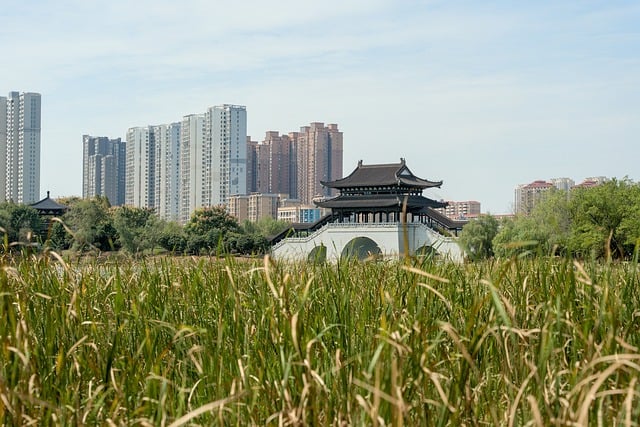Green Gardening: Building a Sustainable Community through Eco-Friendly Practices
In recent years, the importance of community sustainability has gained traction as more people become aware of their impact on the environment. One of the most effective ways to foster a sustainable community is through the cultivation of green gardening practices. By embracing eco-friendly methods, we not only nurture our gardens but also our community and the world around us.
The Environmental Impact of Gardening
Gardening is often viewed simply as a hobby or a beautification effort, but its potential effects extending far beyond aesthetics. When we engage in gardening, we tap into the profound relationship between nature and ourselves. A well-maintained garden can improve air quality, sequester carbon, and promote biodiversity, all critical elements in the fight against climate change.
Eco-Friendly Practices to Enhance Community Sustainability
Adopting eco-friendly practices in gardening doesn’t have to be complicated. It begins with simple yet impactful actions:
- Organic Gardening: Choose organic seeds and avoid chemical pesticides and fertilizers. This practice not only protects the local wildlife and water supply but also encourages healthier ecosystems.
- Composting: Composting kitchen scraps and yard waste returns nutrients to the soil and reduces landfill waste, thus creating a circular economy at the community level.
- Native Plant Gardening: Planting native species supports local wildlife and reduces the need for additional watering and maintenance.
- Community Gardens: Establishing community gardens allows for shared responsibility and collective engagement. They provide fresh produce, create green spaces, and strengthen neighborhood bonds.
Creating a Green Community Through Collaboration
Gardening can serve as a powerful tool for uniting communities by promoting collaboration. Neighbors can come together to share resources, knowledge, and labor, which not only enhances personal gardens but cultivates a spirit of cooperation. Workshops on eco-friendly practices can be organized, where community members can learn from experts and each other. In such settings, everyone’s voice matters, and each perspective counts, fostering a deeper connection to both the soil and the community.
The Benefits of Green Gardening
The rewards of engaging in green gardening extend beyond the physical realm; they encompass social, emotional, and psychological dimensions as well. The act of nurturing plants brings us closer to nature, reducing stress and enhancing mental well-being. A community that gardens together cultivates not just plants, but friendships, fostering a sense of belonging and collective responsibility towards our environment.
As we plant the seeds of change, let us be mindful of how our gardening practices can contribute to community sustainability. By nurturing our gardens, we nurture our neighborhoods, creating spaces that are not only beautiful but also resilient and sustainable for generations to come. Together, through green gardening, we can cultivate a harmonious relationship between nature, each other, and our environment.




